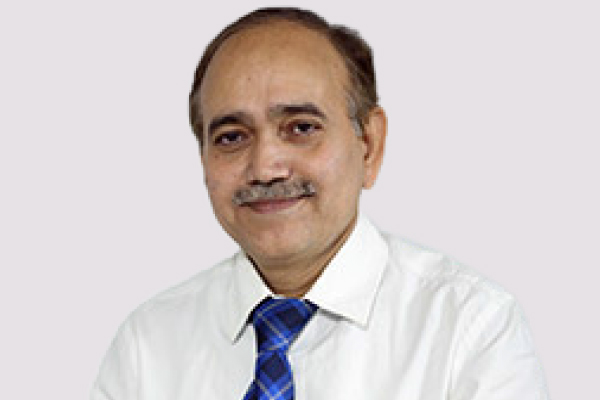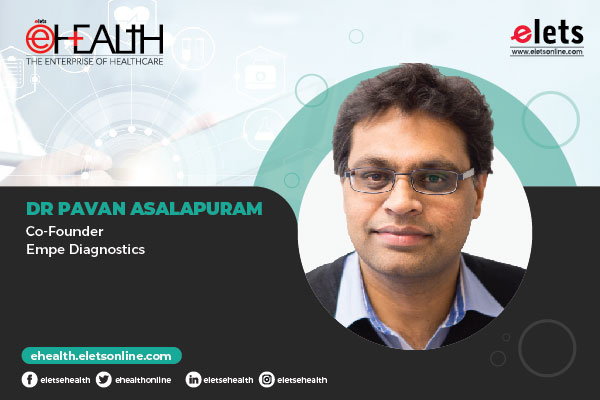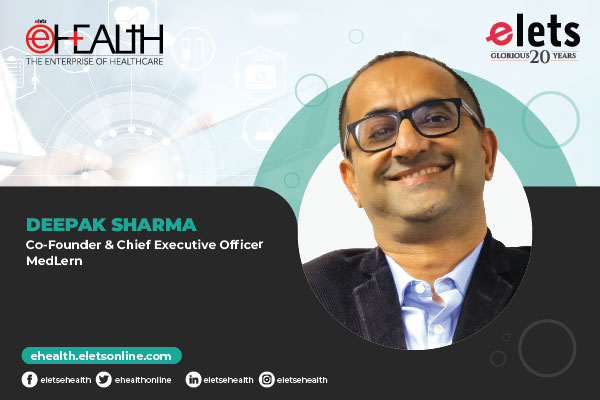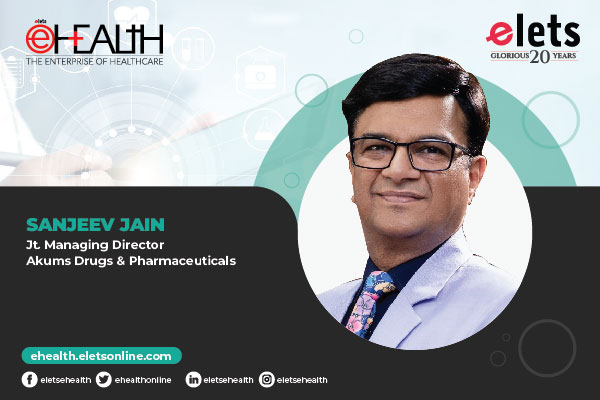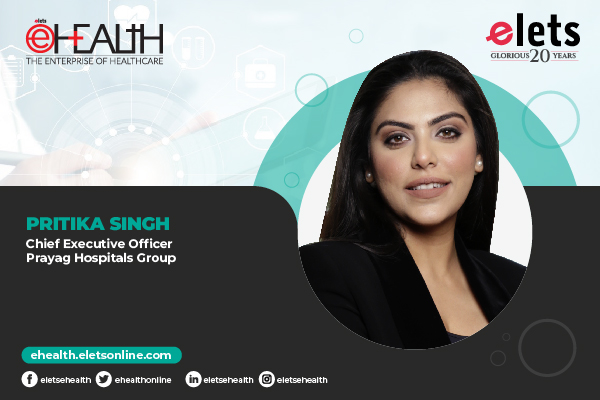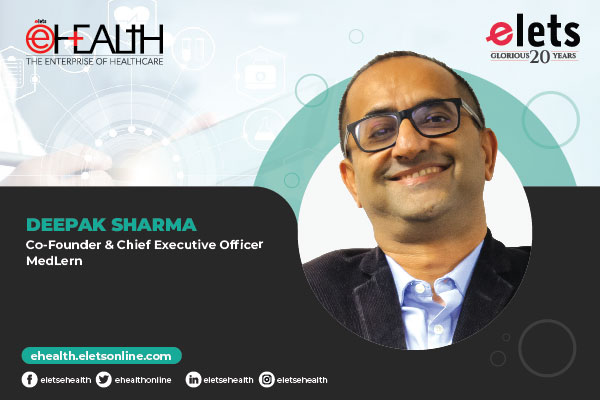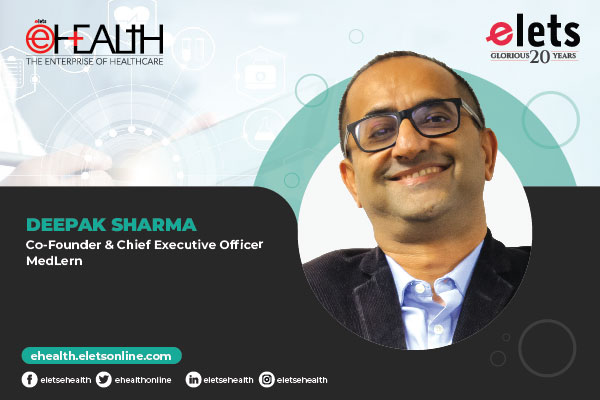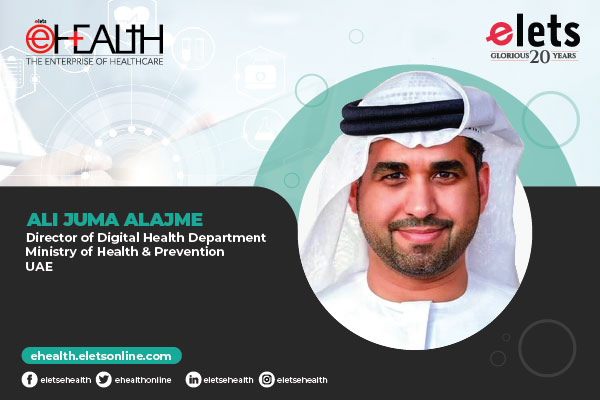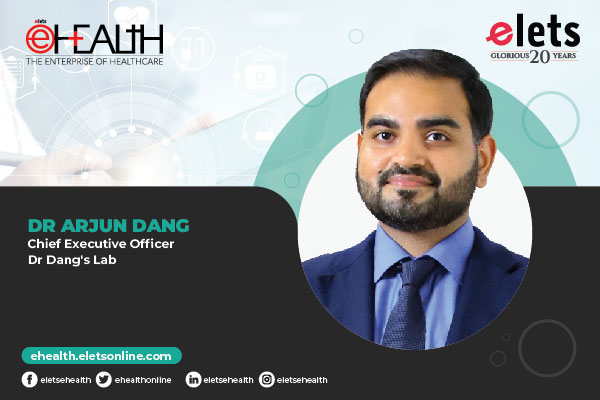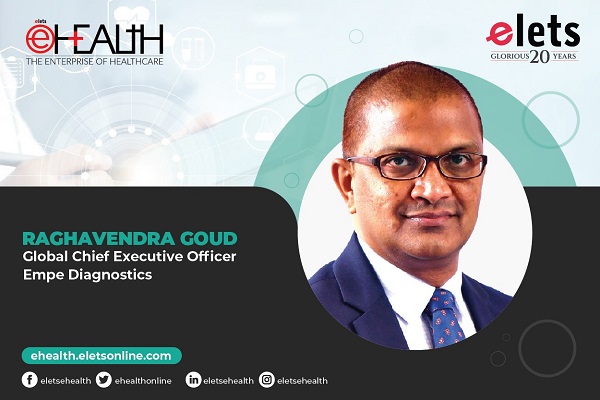CIOs now Stands for Chief Integration Officers, not Chief Information Officers: J P Dwivedi, CIO, Rajiv Gandhi Cancer Institute & Research Centre
The role of Chief Information Officers (CIOs) have evolved over the decade, from a decorated EDP manager to a real C-level officer, said J P Dwivedi, CIO, Rajiv Gandhi Cancer Institute & Research Centre (RGCIRC) at the second edition of Elets Digital Health Conclave held with a theme ‘Reimagining Healthcare with Technology’.
“I have seen this evolving 10 years back when we used to discuss and I used to propose that this can be done online and people just used to nod out of personal respect and moved on. Now, the situation is everybody seems to know more IT than me [smiles], and they will demand and say can it not be done online? This is how things have developed,” Dwivedi recollected.


He added, “Now, I have to focus more on the supply-side rather than the demand-side. When you sit in the C-level meetings, the focus is on what needs to be done, not how will this be done? The focus is on business transformation, not on what is required for it or without really worrying about how will it happen? But then, when you throw an idea, you also have to be cognizant of the fact that you also need to run the supply side. So, when those ideas come to your table, you will also have to deliver on them. So, have the strength, team, technology, and process have in place for what are you setting as an expectation for you.”
Underscoring the significance of CIOs to healthcare, Dwivedi remarked, “CIOs really have come to the centre-stage, and I would love to say this: we are no longer Chief Information Officers, we are Chief Integration Officers, where everything actually flows into us. Just look at a building where there is brick, concrete, sand and everything else, but the most important element is cement; CIOs act as cement for the healthcare.”

On the heightened importance of telemedicine, he observed, “The pandemic caught us by surprise. We had to focus on the safety and protection of patients and families, doctors, employees, and the supply chain. We resorted to telemedicine and developed means for patients to consult doctors. During the pandemic, telemedicine gained importance for post-surgery consultations and people who are suspecting cancer and want to consult doctors from home. But, telemedicine needs apps development that cannot be built overnight. So, solution orchestration needed to stitch whatever is available to connect them and then slowly build upon the same with the speed similar to Covid vaccine development.” Dwivedi was at the panel discussion on ‘Business Transformation of Healthcare Companies during Pandemic’ joined by Anuroop Sehgal, Cluster IT Lead (North), Fortis Healthcare Ltd, Kishor Gojiya, Associate Head, IT, CIMS Hospital Pvt Ltd, Care Institute of Medical Sciences, and CA Neeraj Jayaswal, CFO, India, Medicover Group.

post_id:
uld_count:
Cookie not set
Value 1: 0
Value 2: 10




